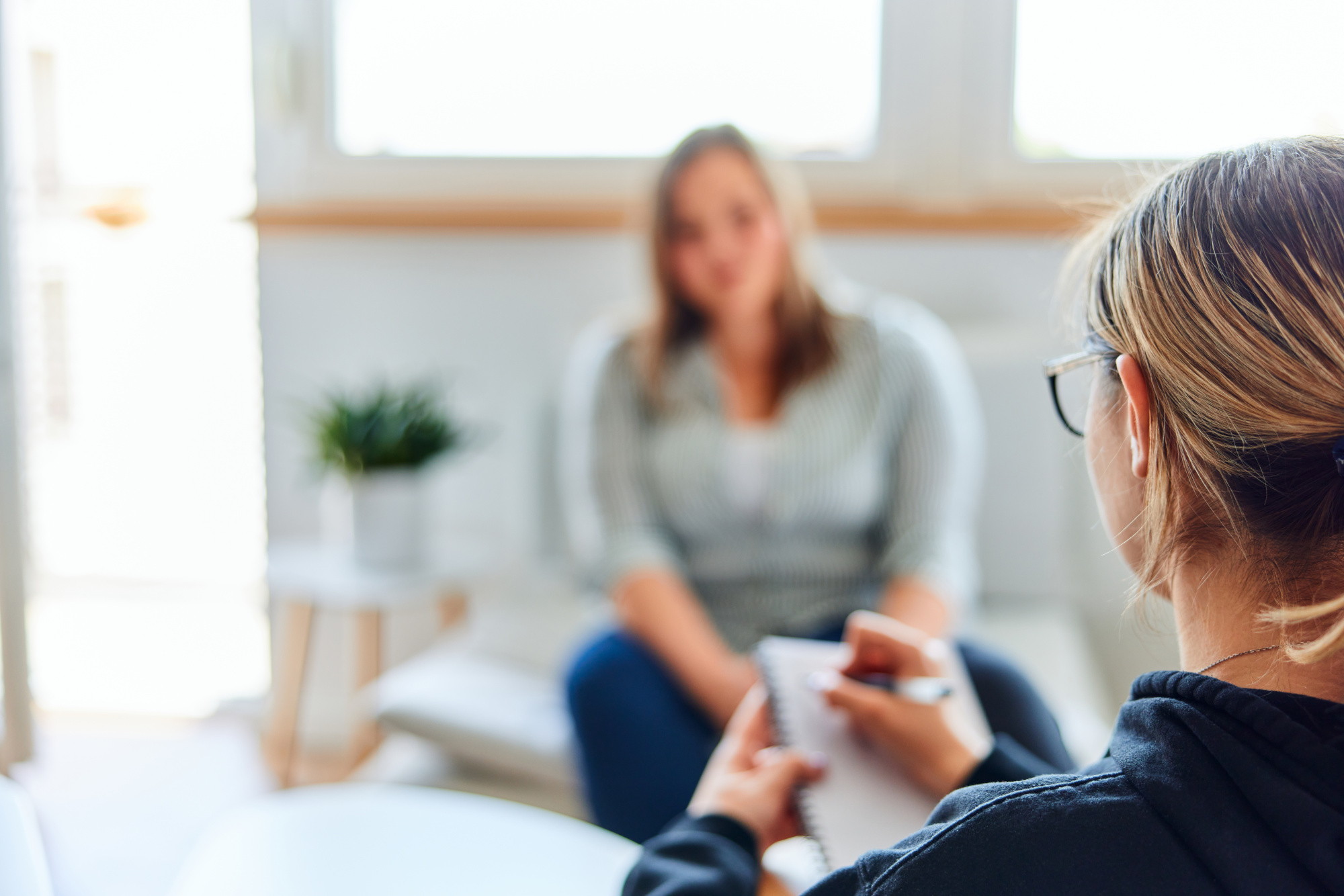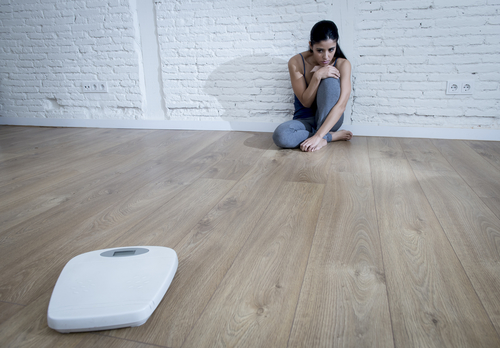by Carly Benson
Getting sober is one thing.
Maintaining a sober life means we must adapt to a new lifestyle without our old ways of ‘letting loose.’ The biggest fear most people have about stepping into a life of sobriety usually sounds like this:
‘But how will I have fun?‘
‘What if they think I‘m lame?‘
‘Is my social life over?‘
It’s natural to wonder what ”fun” is like without drinking, partying or using drugs. Before sober life, I had the same questions. That’s why I made it my mission not to let my drinking status determine my social life or the amount of fun I am able to have.
Some might hit you with the ‘You don’t drink ‘ you’re no fun,’ line every once in a while or maybe even more often than you’d like. And that’s ok. They don’t realize that sobriety is living life with a different version of fun:
Your version = The one that actually makes you feel good on the inside both during and after the festivities.
A Different Version: Living a Sober Life
Here’s the thing, you can still have a ton of fun without boozing, buzzing, or getting blasted. You can still attend special events, birthdays, weddings, and your own celebrations sans the alcohol. It’s all a matter of being rooted in your sobriety as a lifestyle and understanding that ‘you may be sober, but you’re not boring.’
Not only that but sober life these days is becoming a lot more of a norm for many. ‘Mind Body Green predicted their wellness trends for 2017 stating,”The sobriety movement will evolve from fringe interest to a pervasive culture.” Essentially saying living a sober life is a rising culture for those who are taking a stand for their health and reaching out for new ways to have more genuine connections.
Aside from being part of a pretty awesome sober society, it’s important to realize how to enjoy life sober. I have found a ton of fun ways to live the sober life.
How to Enjoy Life Sober
Here are some ideas to try that will help you learn to enjoy life sober and will help you stay active, social and entertained.
- Throw Your Own Party
You can always take to throwing your own get together where you choose a version of a party that resonates with you. You can do this from the comforts of your own home or in a space that you feel comfy in such as a favorite restaurant or maybe your neighborhood clubhouse.This is a great way to let your close friends, family or those you have met in sobriety into your new lifestyle to show them you are still game for being social without drinking. Playing games or doing fun activities together that don’t involve alcohol is a great way to form new connections. - Seek Alcohol-Free Events.
With the rise of our sober culture, it’s no surprise that we are seeing the birth of new events tailored to an alcohol-free lifestyle. ‘Wanderlust‘ recently published an article about sobriety being hip, which went on to say: “Booze culture is beginning to fall by the wayside, with a wide range of sober, mindful, after-work activities‘ making happy hour a little more meaningful, and the morning after a lot happier.” This means there are so many more alcohol-free events opening up from coast to coast. A few to check out are:Daybreaker – A vice free dance party before work.
The Shine – An alcohol-free variety show with a mission to inspire.
The Get Dow – The real happy hour right after work that’s about music, movement, and love.
MNDFL – A meditation studio that helps you create space to breathe.
Also, traveling to wellness retreats is another thing to look into at places like ‘Kripalu, ‘Omega Institute‘ or ‘1440 Multiversity. There are significant offerings for events and places to experience that will continue to show you how to enjoy your new sober lifestyle and nourish your soul. - Choose Activities That Don’t Revolve Around Drinking. There are plenty of ways to enjoy life that do not involve getting inebriated. A mini-vacation or staycation at a hotel or spa nearby can be a fun and relaxing way to blow off some steam while creating some much-deserved self-care for yourself. Hitting up a funny movie, getting in a nice dinner or going bowling are also fantastic ways to go out and about without feeling pressured to drink.
- Mocktails
A great way to feel included is to always have a drink in your hand while you’re out. This has been a game changer for me. When you’re empty handed, it can be an inquiry invitation for people who are wondering why you aren’t drinking, which then opens up offers for drinks. When you have some kind of drink, people will believe you’re partaking in the festivities, which can help dodge any unwanted conversations around not joining in. A glass filled with something like Sprite, sparkling water, ginger ale or apple juice is always a good call.Mocktails are also a fun way to participate whether you have the bartender make you one or you bring your own with you. If you’re looking for some fun drinks to indulge in that don’t come with hangovers or regret, ‘HGTV‘ has got you covered with some awesome mocktail drink recipes to try.
- Redefine What Fun Means To You. This is an important step in the process because what once seemed like fun won’t be the same for you anymore. Staying out until 3am drinking and then nursing a hangover the next day isn’t going to be your idea of a good time now. Taking the time to see what feels good and brings you joy will help you redefine how you view and have fun. When we take a step back from what we used to do for fun, we realize we can be entertained in healthier ways, which bring us more happiness and peace. Feeling peaceful is definitely the jam once you get sober and you’ll find there is truly nothing better and you will truly know how to enjoy life sober.
- Move Your Body. Last but not least, find ways to move your body. Whether it’s going for a walk or jog, doing yoga, kickboxing or going for a hike in nature, becoming more connected to what your body truly desires is some a wonderful way to find your new versions of enjoyment. I’ve been known to have a dance party of one in my living room and letting loose like that are some of my favorite times. No matter what you do, always remember that living a sober life just means you get to assign new meaning to what makes you smile.



